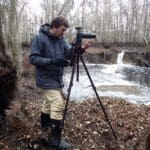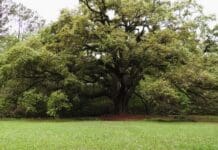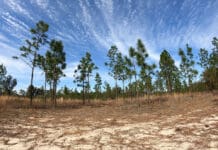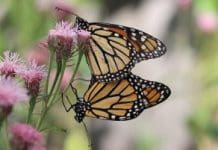After 30 years, local biologist Bruce Means’ has completed his final adventure in the tepuis (table-top mountains) of the Guyana Shield. Home to rare and endemic frogs, lizards, and snakes, Means has found several species new to science here, much as he has closer to home in the panhandle of Florida. This latest expedition was covered by National Geographic for both a cover story and documentary.
A Unique Species
After the in was over, we turn our attention to Bruce Means’ office. We have returned from the tepuis of South America’s Guyana Shield, conjured from decades of memories. We are, once again, surrounded by shelves of ecology books, binders of collected research, scattered fossils… and also, live snakes.
“It is named after me.” Means says, cradling a brown and white kingsnake. “It’s a species unique to the Florida panhandle… His scientific name is Lampropeltis meansi.”
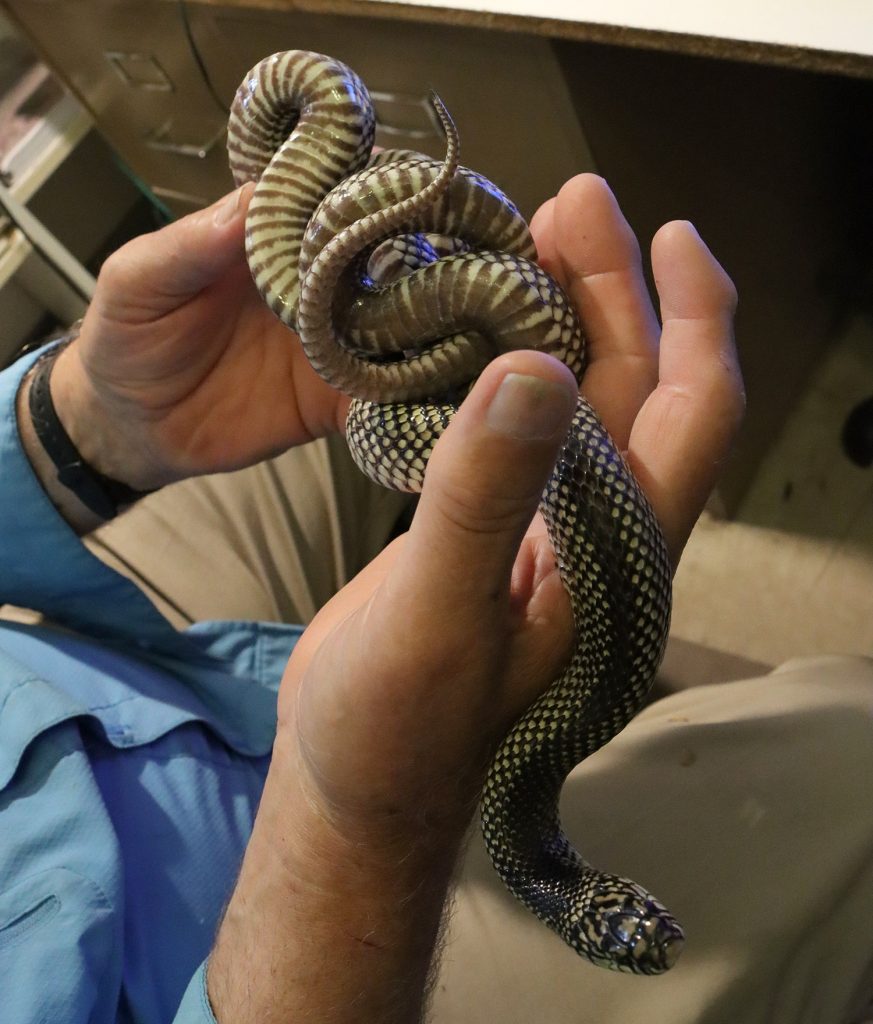

The Apalachicola kingsnake is either a closely related species, or subspecies (Lampropeltis getula meansi) of the eastern kingsnake (Lampropeltis getula). Its range is small, confined to the Apalachicola Lowlands region of Liberty and Franklin counties.
Means first found one of these snakes after arriving in north Florida in the 1960s. Sure that this was a distinct species from the eastern kingsnake, he conducted years of breeding experiments. Finally, a colleague of his did the DNA work, and honored Means by naming it after him.
As we’ve learned on our previous adventures with Bruce Means, he’s found several species new to science by doing the dirty work. The literal dirty, wet, mucky work, in often uncomfortable conditions. This is true of his work here in the panhandle, and it’s also true of his work in South America.
That work abroad has recently landed Means a National Geographic cover story and documentary.
Rob Diaz de Villegas is a senior producer for television at WFSU Public Media, covering outdoors and ecology. After years of producing the music program OutLoud, Rob found himself in a salt marsh with a camera, and found a new professional calling as well. That project, the National Science Foundation funded "In the Grass, On the Reef," spawned the award-winning WFSU Ecology Blog. Now in its tenth year, the Ecology Blog recently wrapped its most ambitious endeavor, the EcoCitizen Project.
Rob is married with two young sons, who make a pretty fantastic adventure squad.

